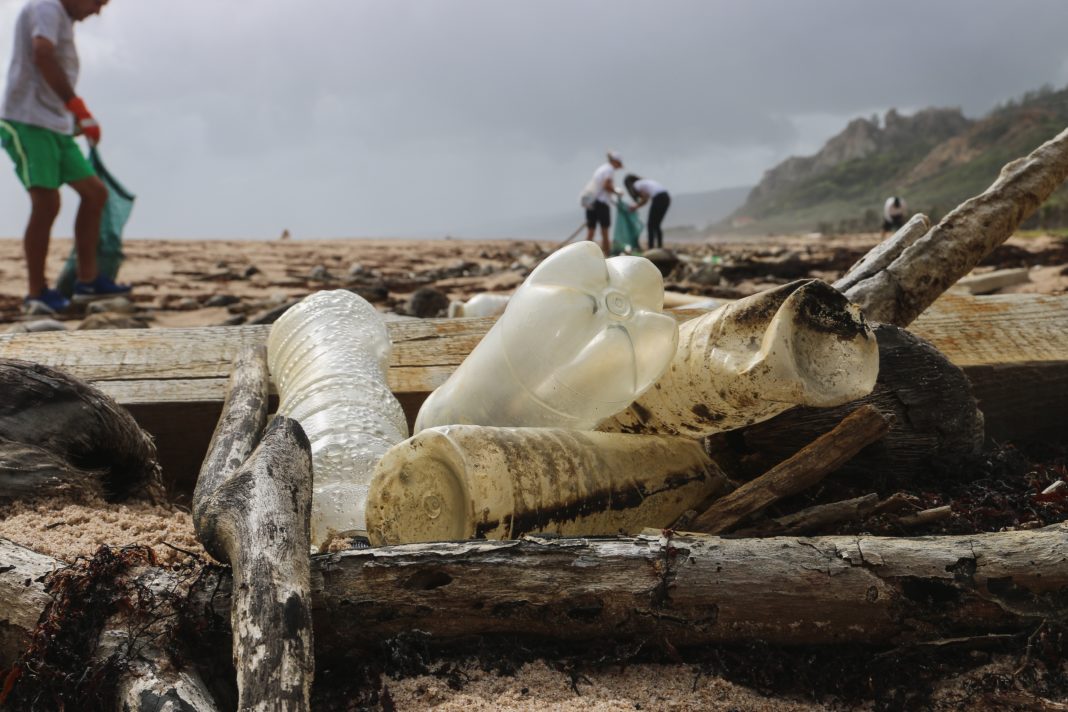The ocean has always fascinated me. Maybe it’s the way the waves would feel crashing against my toes on the sandy shore that one day a year that our family would drive to the beach. The anticipation to see the ocean just once through my eyes each summer would give me that satisfaction of realizing that I really am that small compared to its greatness. It always humbled me to see how it worked so effortlessly; the impending waves would always kiss the shoreline again and again no matter what. The vastness of the ocean is still so wondrous to me.
But I’d be lying if I said I don’t see the marvelous sea in a slightly different light now. I am not so naive anymore. The ocean is suffering and we are to blame.
According to Grist, one 2019 report states that ocean temperatures are rising at an increasingly accelerated pace, much faster than scientists originally believed. But what does this mean for us? And more importantly, what can we do about it?
Plain and simply, higher sea temperatures affect wildlife above and below the surface. Another article from Grist assures that “if life goes on as usual, climate change will disrupt more than half of the world’s ocean habitat in the next 15 years, and 86 percent by 2050”. Hotter oceans means many things. Extinctions of species occur because they are not suited for the changing habitat. Some waters have become too acidic and hostile for the species that are used to cooler temperatures.
Coral have especially suffered. Grist cites that major die-offs have occurred due to the mass bleaching caused by warming ocean temperatures. Since corals have diminished in areas, fish have left to find new homes because their current ones were threatened by drastic changes. Humans rely on fish as a major source of protein. Without the cooler waters, coral, and the fish populations, we are looking at a food source we consistently rely on to change indefinitely.
In addition, the increase in greenhouse gas emissions into the atmosphere additionally means more rain, higher sea levels and flooding, more tropical storms, depleting oxygen levels, and melting ice caps and glaciers in arctic areas. Many land species that rely on fish and other crustaceans as food sources have had to adapt to the change in resources. Additionally, ice caps have melted tremendously in previous years; most notably, polar bears are the face of climate change and the effects that have occurred to oceans and sea life.
We are better than this. We can do better than this. So why haven’t we? The Earth has provided every single one of us with more than we can ever repay it for, whether we realize it or not. The food we eat, the oceans we swim in each summer, the roads we drive on…the list is endless. All of these activities we do regularly take something from the Earth.
The ocean takes up at least 70 percent of the planet. Isn’t it concerning to know that a large portion of it is polluted? If we lose the ocean, we lose nearly everything. There has to be and should be concern for something that encompasses so much of the planet.
To not care about our oceans now because we will not be around for when the issue gets worse is the selfish choice. We should want a planet that is sustainable for all who will ever inhabit it, not just for our own time-being here. Climate change and the altering of the world’s oceans is not an issue of the future; it is happening now and is realer than ever. It is more than an issue that only our scientists need worry about. The changing ocean levels, temperatures, and ecosystems are a social justice issue that we all should partake in. Whether that means going to your local beach and picking up trash every now and then, participating in protests, supporting legislation like the Green New Deal or other environmental acts, or even just educating yourself about the ocean’s state and spreading that knowledge to others can make a difference, no matter how small.
This week, in an article reported by The Independent, Congresswoman Alexandria Ocasio-Cortez stated that even if environmental propositions like the Green New Deal seem unrealistic or impossible, that it matters most when a person is “at least trying” and that can be enough to give someone the power to start making a change. Not a terrible way to think about the impending fate of the Earth and the oceans that we have ravaged for years, when in fact, the reality is so much more bleak.
Maybe I didn’t notice the trash then or realize what was happening under the depths of those pristine-looking waves so many years ago, but I do every time I step onto the same shores now.






















